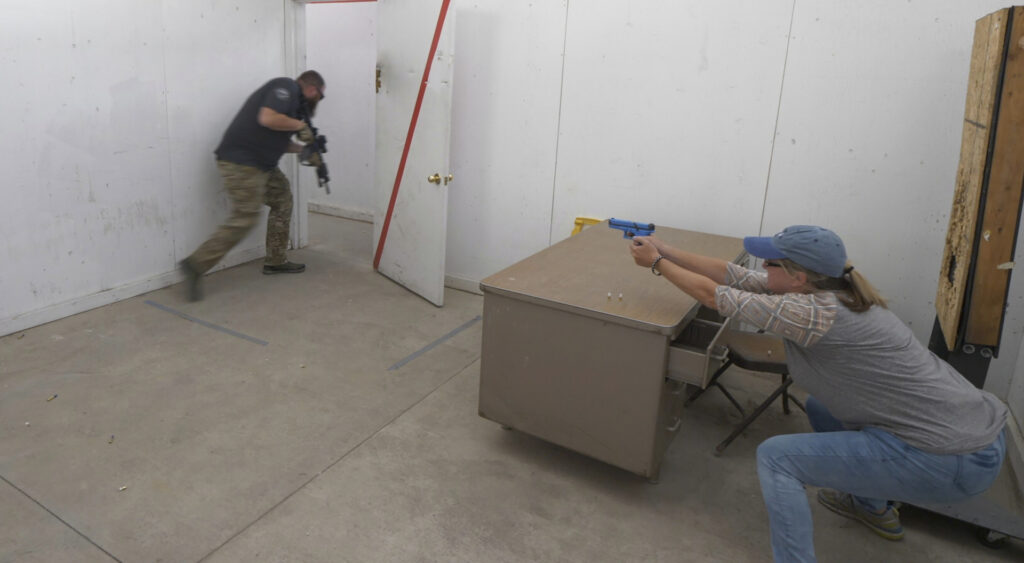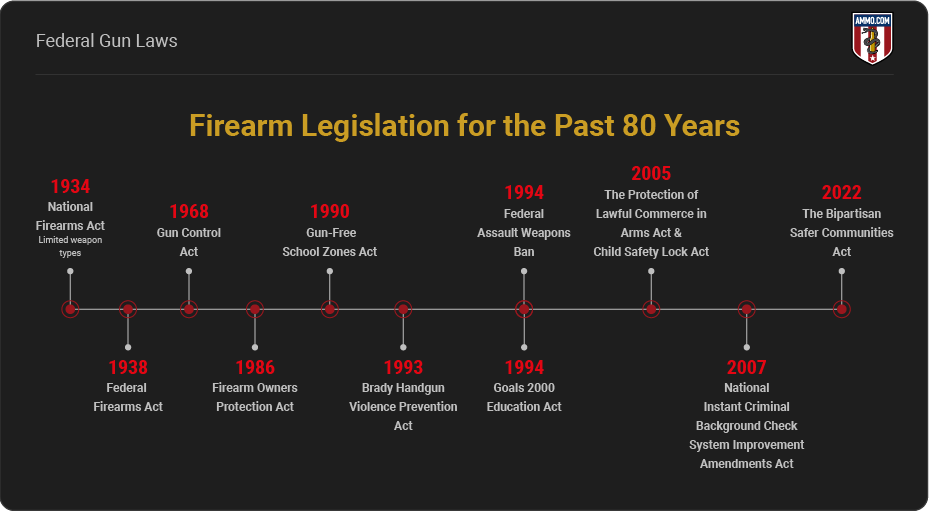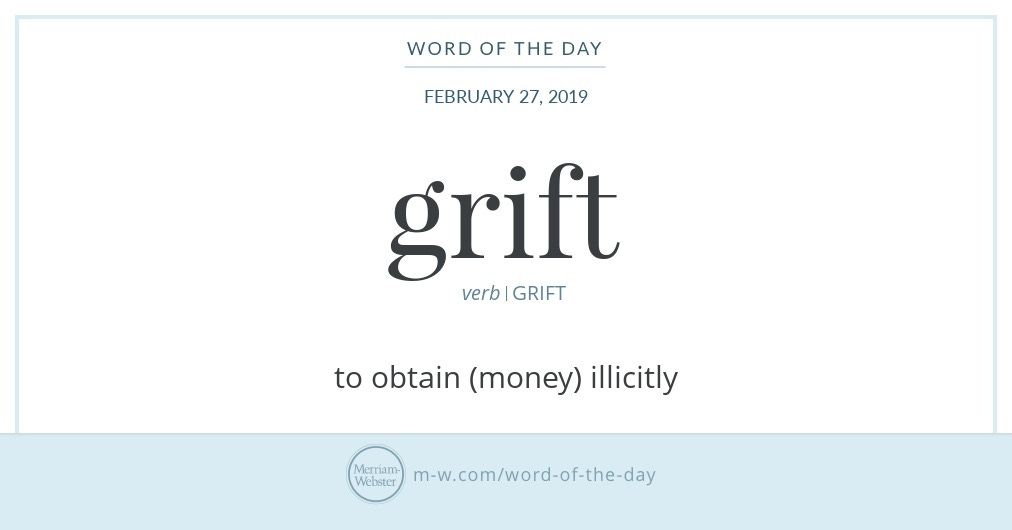Federal Court Rules Maryland Parents Can’t Opt Kids Out Of Classes With LGBT Content.
The Fourth U.S. Circuit Court of Appeals has ruled 2-1 against Maryland parents who sued their local school board for not letting their children in grades K-5 opt out of reading books supporting transgender ideology and gender transitioning.
The Montgomery County Public Schools board denied the parents their request to be notified when the books would be read to their children and the opportunity to opt out.
“The Board is violating the parents’ inalienable and constitutionally protected right to control the religious upbringing of their children, especially on sensitive issues concerning family life and human sexuality,” The Becket Fund for Religious Liberty, litigated the lawsuit, stated, explaining:
In fall 2022, the Montgomery County Board of Education announced over 20 new “inclusivity” books for its pre-K through eighth grade classrooms. But rather than focusing on basic civility and kindness, these books champion pride parades, gender transitioning, and pronoun preferences for children.
For example, one book tasks three- and four-year-olds to search for images from a word list that includes “intersex flag,” “[drag] queen,” “underwear,” “leather,” and the name of a celebrated LGBTQ activist and sex worker. Another encourages fifth graders to discuss what it means to be “non-binary.” Other books advocate a child-knows-best approach to gender transitioning, telling students that a decision to transition doesn’t have to “make sense” and that doctors only “guess” when identifying a newborn’s sex anyway.
A district court ruled against the parents, prompting them to appeal to the 4th US Circuit Court of Appeals, which denied the parents’ request for a preliminary injunction but allowed the possibility of changing its position once the classes have already been taught, writing:
We take no view on whether the Parents will be able to present evidence sufficient to support any of their various theories once they have the opportunity to develop a record as to the circumstances surrounding the Board’s decision and how the challenged texts are actually being used in schools.
At this early stage, however, given the Parents’ broad claims, the very high burden required to obtain a preliminary injunction, and the scant record before us, we are constrained to affirm the district court’s order denying a preliminary injunction.
Judge Marvin Quattlebaum dissented, writing, “I disagree with the majority’s conclusion that the parents have not produced enough evidence to establish that their free exercised rights have been burdened. The parents have met their burden. They have produced the books that no one disputes will be used to instruct their K-5 children. They produced declarations explaining in detail why the books conflict with their religious beliefs. They have produced the board’s own internal documents that show how it suggests teachers respond to students and parents who question the contents of the books.”




